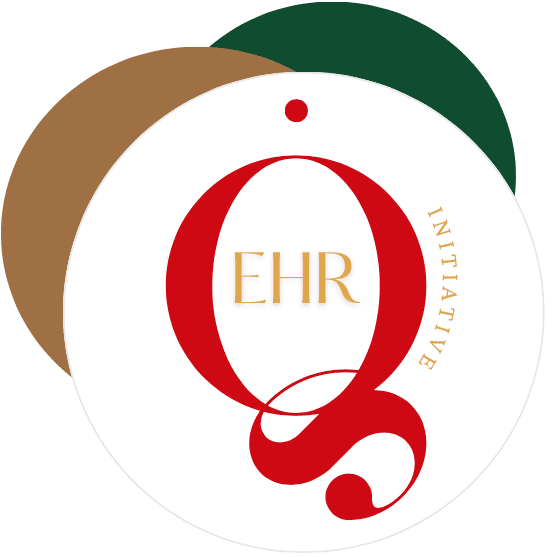Advanced Scholastic Trainer Program
The Advanced Scholastic Trainer (AST) Program aims to elevate the standard of education in the Body Altering Aesthetics industry by accrediting educators who teach courses in this field.
Our Mission
This initiative ensures that all courses provide accurate, comprehensive information and equip students with the necessary competencies that don’t reiterate basic or outdated knowledge to excel in their practice. The program emphasizes the importance of critical thinking and the development of protocols that prioritize client safety and long-term results.
Objectives of Initiative 3

Implementation
Enforce accreditation criteria and guidelines outlining the requirements for educators to qualify for accreditation.
Enforce rigorous review process to assess course content, instructional materials, and teaching methodologies against accreditation standards.
Offer professional development opportunities, such as workshops and seminars, to help educators enhance their skills and expertise.
Implement defined core competencies and learning objectives for educational programs, ensuring alignment with best practices, evidence-based guidelines, and emerging trends in the field.
Install educational resources, including textbooks, online courses, and instructional materials, to support the implementation of standardized guidelines and protocols.
Collaborate with accrediting bodies, professional organizations, and regulatory agencies to integrate standardized guidelines and protocols into accreditation standards and licensing requirements.
Spread awareness of platforms for accredited educators to network, exchange ideas, and collaborate on research projects and educational initiatives.
Regularly monitor and evaluate the effectiveness of the Advanced Scholastic Trainer Program, soliciting feedback from educators, students, and industry stakeholders to identify areas for improvement.
Implement an outreach strategy to establish communication channels and collaborate with regulatory bodies, fostering understanding and advocating for policies that enhance client surgical care in the Body Altering Aesthetics industry.
Expected Outcomes
By accrediting educators and standardizing course content in the Body Altering Aesthetics industry, the Advanced Scholastic Trainer Program aims to:
-
Ensure that students receive high-quality education that prepares them for successful careers in the field.
-
Enhance client safety and satisfaction by equipping practitioners with the knowledge and skills to deliver optimal outcomes.
-
Elevate the reputation and professionalism of the Body Altering Aesthetics industry through standardized education and training.
-
Foster innovation and advancement in the field by encouraging critical thinking and the development of evidence-based protocols.
-
Ultimately, improve the overall quality of care provided to clients undergoing cosmetic procedures or treatments.

